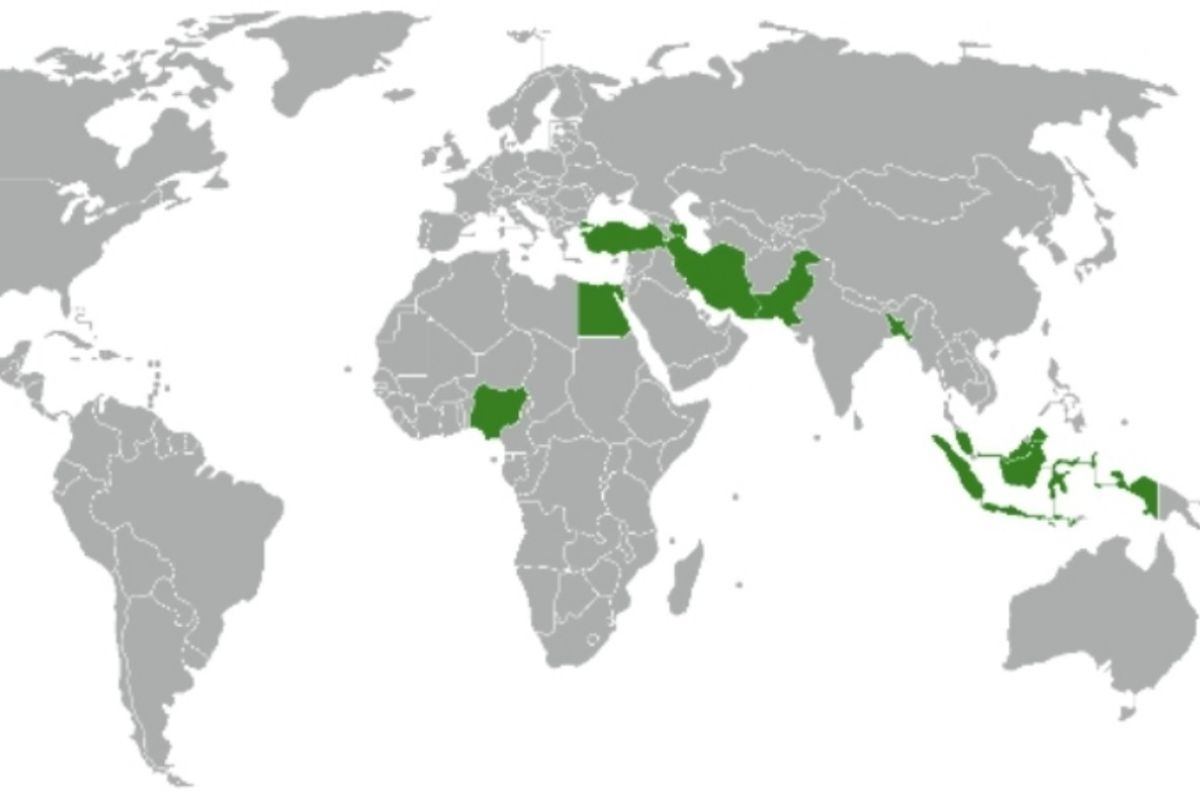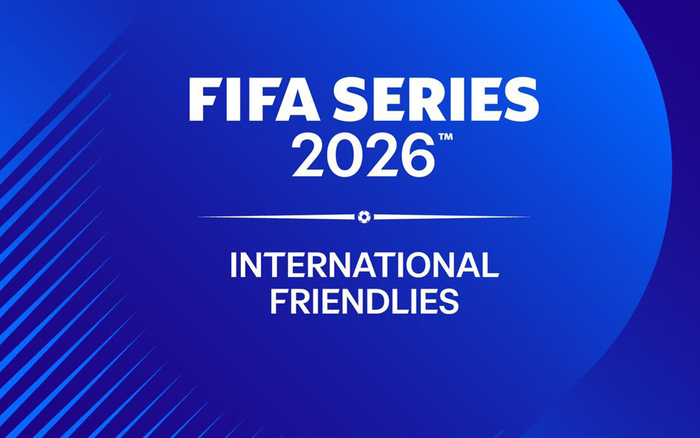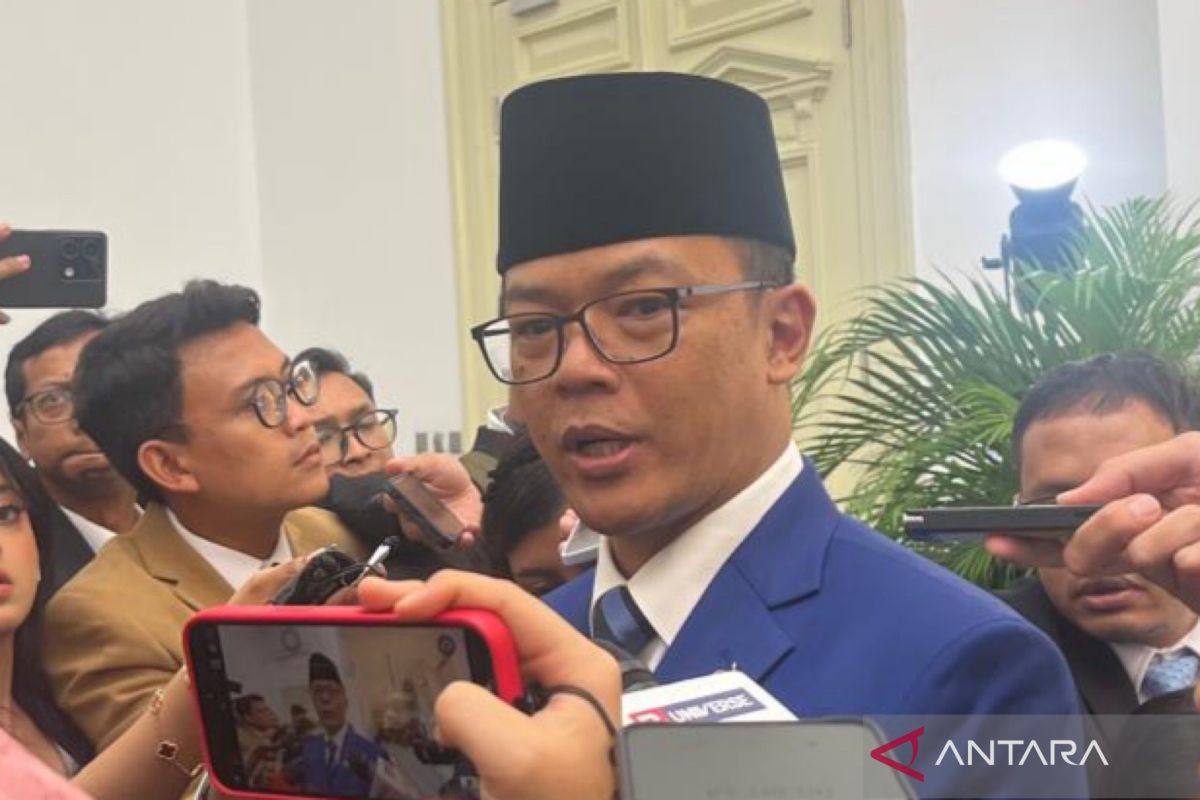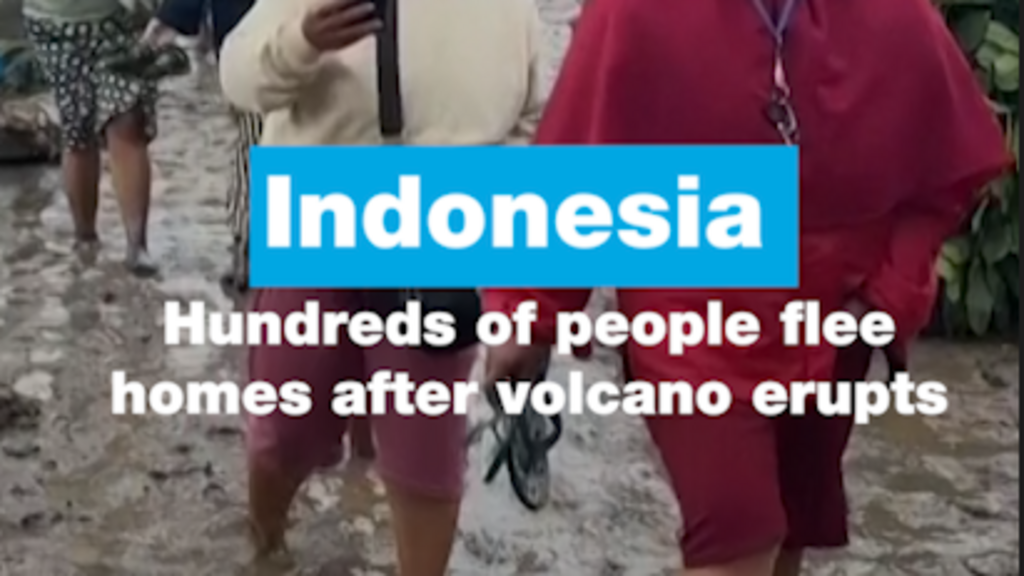Its full membership process will be recognized until Azerbaijan gives ratification of the charter to the D-8 Secretariat on March 19, 2025.
The inclusion of Azerbaijan has added potential collaboration among members to diversify their economic activities for the betterment of the lives of the peoples of the Group.
While the Group members, as part of the world citizenry, become strategic circles to work together in securing their international and national obligations for strengthening their economic and trade development, which will be more beneficial for the members and beyond.
Nevertheless, it is acknowledged that the regions where D-8 is situated are not free from the impact of current conflict and natural disaster risks.
Ethically, the members of the Group are obliged to share their best practices and exchange practical and strategic technology for creating a multi-effect of sustainable economic activities for their peoples.
Considering the complementary needs for establishing sustainable activities among members, most of which are geographically located in different regions, the business process seems to go beyond geographical boundaries, becoming a bridge of collaboration among continents.
So, the potential among them is promising. In terms of trade volume, the transaction of trade among D-8 member countries was recorded at around $147 billion in 2023. It grew significantly from 1997, which recorded $15 billion.
This growth is supported by various initiatives such as a new generation barter system and increased economic cooperation among members such as Indonesia, Iran, Malaysia, Egypt, Nigeria, Pakistan, Bangladesh, Turkey, and Azerbaijan.
The future targets of trade volume among the D-8 countries are $500 billion by 2030. To support that, the group is driven by agreements and closer cooperation in sectors such as industry, transportation, and technology.
The D-8, with a total population exceeding one billion and a combined GDP of over $5 trillion, already represents a substantial economic bloc.
The membership will give specific advantages such as market expansion, including trade and investment in the sectors of industry, technology, energy, and natural resources, connecting transportation and logistics hubs of Asia, the Middle East, and Europe.
These advantages will create inter-D-8 connectivity that makes an efficient transport network, which economically reduces logistics costs and facilitates global trade.
On a sectoral basis, intra-regional trade diversifies economic alliances for all members, such as agriculture and food security, textiles and manufacturing, technology, and the digital economy.
Beyond that, it will support a collective voice on the international stage. It fosters stronger bilateral and multilateral ties among member states in tandem with shared goals in economic integration.
The links and interactions among the members may contribute to the creation of new bridge economics from the grassroots to the industrial ones, which may give positive development to the members’ countries and peoples. Indonesia will be the chairman of the D-8 Conference in 2026.
The organization of the forthcoming conference of D-8 may raise new dimensions and awareness among all related stakeholders to contribute positively by managing existing potentials as a basis for sustainable development goals and anticipating the trade patterns that may have worse impacts due to climate and temperature changes.
The next conference in Indonesia is expected to create possible and continued trading activities and give ample room for emerging interrelated and beneficial effects from the availability of value-added processes of raw materials by using locally applied technology, human resources, and other management and services.
This multi-stakeholder approach will widen opportunities to promote the “No one left behind” business principle, where every element of society gets access, including small and medium enterprises, to take proper action in sharing their capacity for contributing to members’ welfare and well-being through a new bridge economy among the regions.
That is a noble target that should be guarded and anticipated with the steadiness of respective national instruments.
This is essential to prepare proper regulations and ratifications nationally, as discussed during the informal meeting of Ministers of Trade/Commerce of D-8 Member States in Istanbul on June 11, 2024, relating to the D-8 Preferential Trade Agreement to cover broader sectors and products.
Or even more, the idea to transform the D-8 PTA into a more progressive instrument, such as a Comprehensive Economic Partnership Agreement (CEPA), in the future.
So far, the D-8 members have agreed to adopt the D-8 Trade Facilitation Strategy, which was established during the previous meeting in Dhaka, Bangladesh, and accommodated in the “Dhaka Declaration on Trade Cooperation,” including the adoption of the Dispute Settlement Mechanism (DSM) protocol.
To accompany these measures, it is encouraged that member states need to engage in robust public and private sector awareness of the D-8 PTA, strengthen the D-8 Secretariat, and ensure an effective Supervisory Committee of the D8-PTA.
While involving other critical sectors such as halal products and tourism, transportation, the digital economy, youth, and health will also serve as a strategic guide for achieving the organization’s long-term vision of inclusive, innovative, and sustainable economic growth.
Last but not least, the discourse of D-8 in the year ahead and amidst the current global situations such as climate change and transnational issues has positioned the strategic role of this organization to bridge communication among leaders and related stakeholders in the member states.
This is crucial to gain and mark more inclusive collaboration in advancing the organization’s vision for deeper cooperation, sustainable development, and stronger institutional coordination among its member states.
*Mohammad Amar Ma’ruf is Counsellor of Yayasan Pendidikan Kesatuan (Unitary Education Foundation)-West Jakarta and the author of the book Katulistiwa
*The views and opinions expressed on this page are those of the author and do not necessarily reflect the official policy or position of the ANTARA News Agency.
Copyright © ANTARA 2025








